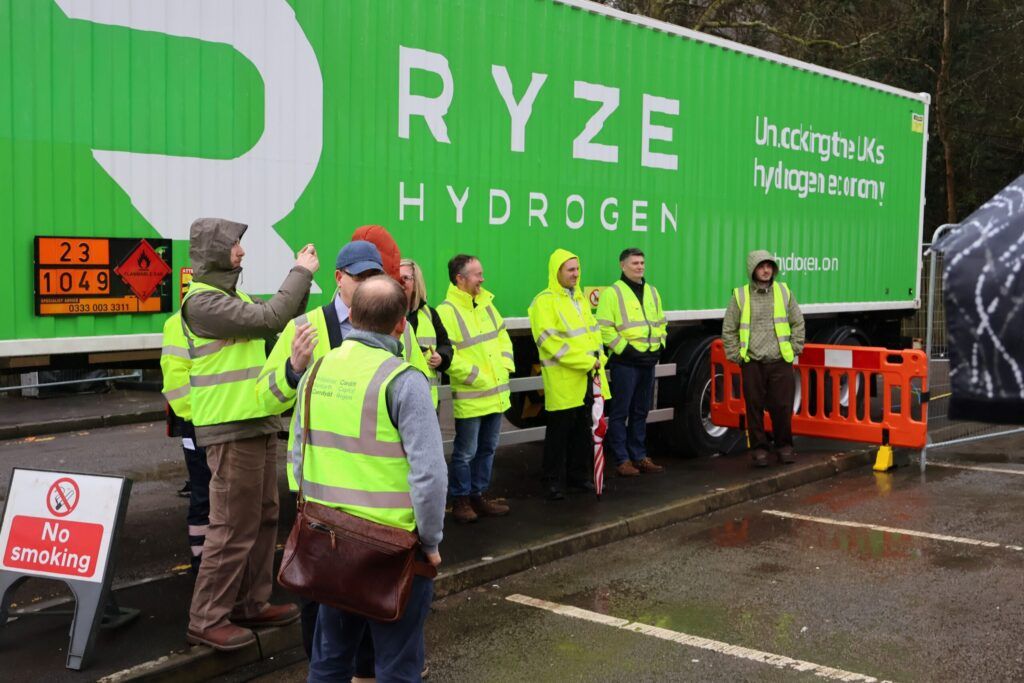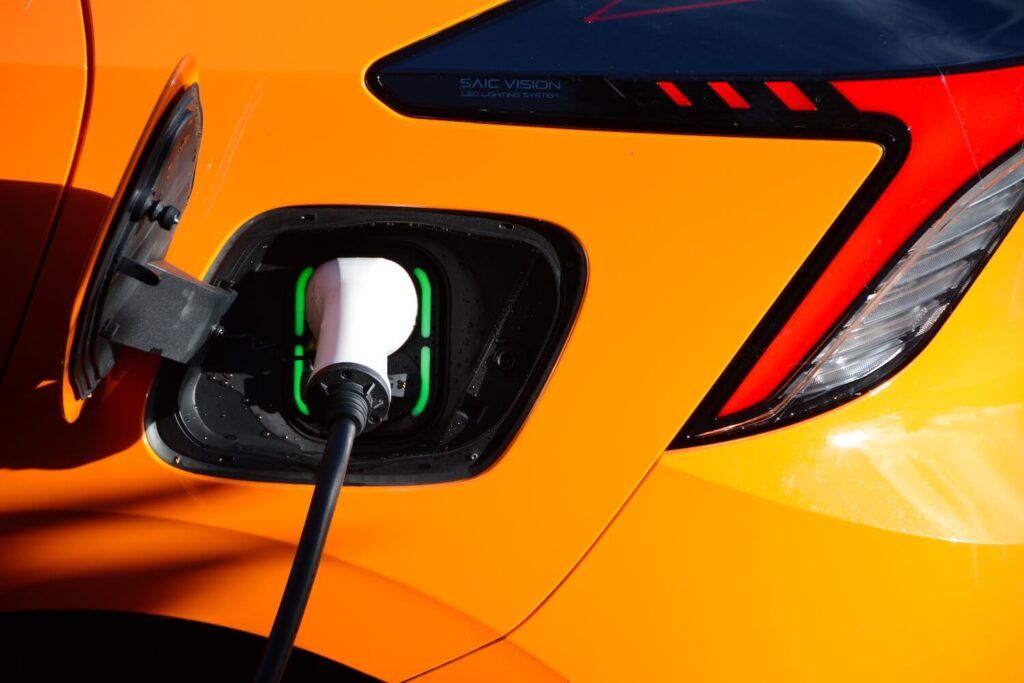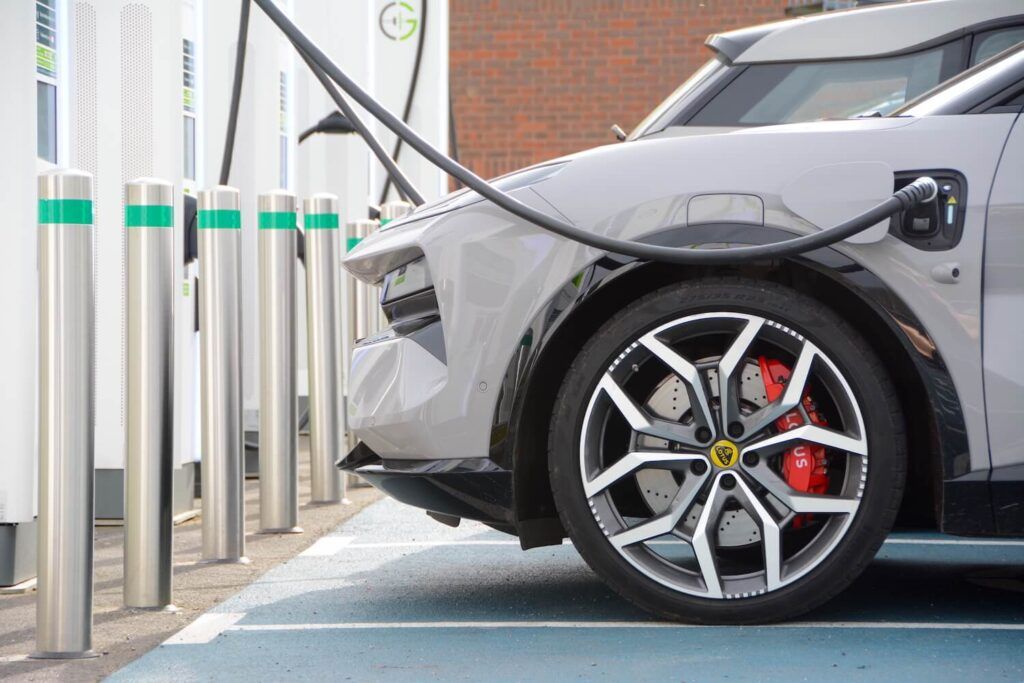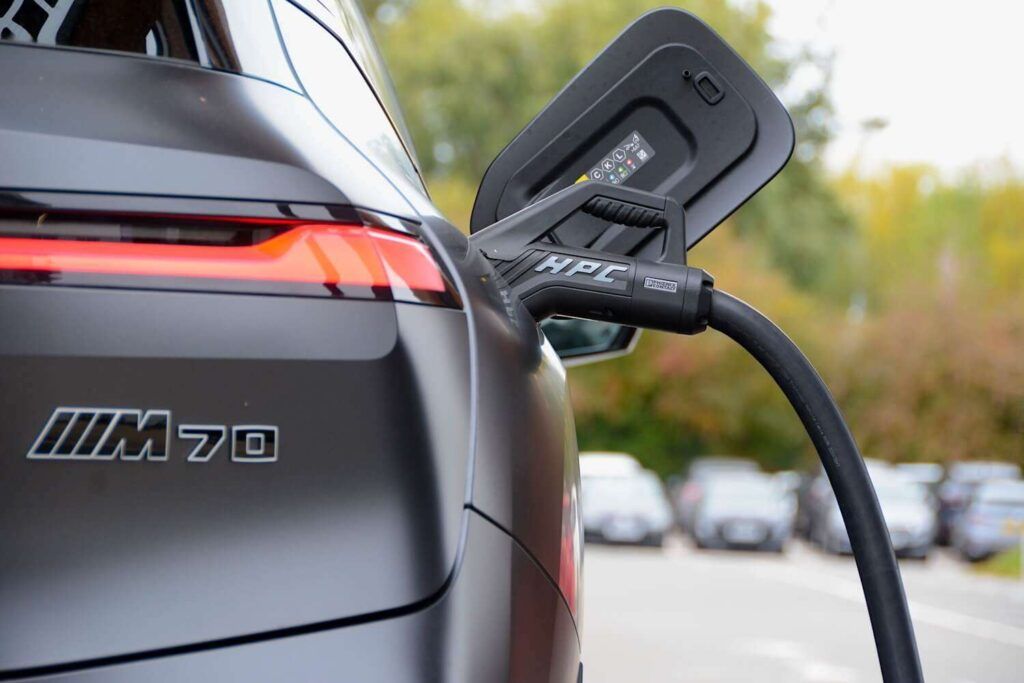Britishvolt believes that Britain’s pre-existing battery ecosystem and infrastructure makes it the perfect location for its Gigaplant as the company continues on its collaborative journey to assist the country’s car manufacturing industry as it transitions to electrification.
The battery cell technology and R&D company is building a Gigaplant that will have a production capability equating to approximately enough cells for around 300,000+ electric vehicle battery packs per year, intended primarily for the automotive industry.
The company is planning on tailoring their battery cell technologies to the specific needs of automotive manufacturers, by virtue of collaborating early with OEM customers. Britishvolt is working with the likes of Faraday Institution, Advanced Propulsion Centre and WMG, University of Warwick.
Allan Paterson, Chief Technology Officer at Britishvolt, said: “The UK has already invested heavily in the development of technologies to drive a greener future, enhancing the infrastructure surrounding the battery industry. With world-leading R&D already taking place in the country, alongside pioneering production sites such as UK Battery Industrialisation Centre (UKBIC), it is clear that Britain’s battery ecosystem makes it the perfect location for Britishvolt’s initial Gigaplant.
“This is a fantastic opportunity to connect all of these various streams and enable a world-class collaborative industry. I am confident that the UK can rise up and be a true battery technology and cell manufacturing powerhouse.”
The UK has long been at the forefront of the development of battery technologies, having previously played a key role in the development of the lithium-ion battery. Government has invested in the £318m Faraday Battery Challenge, including the, a state-of-the-art UKBIC manufacturing scale up facility to test new cell technology, the Faraday Institution, which has convened a UK research community of over 450 researchers to accelerate fundamental research to put it on a path towards commercialisation, and an innovation programme, led by UKRI.
With the deadline for the end of ICE vehicle production brought forward to 2030, speed to market for battery manufacturing is crucial for the British automotive industry. Taking advantage of the prototyping work already taking place in the UK will allow Britishvolt to increase its development processes.
Stephen Gifford, Chief Economist, Faraday Institution said: “As well as decarbonisation benefits of the electrification of automotive, the size of the economic opportunity for the UK is significant. There is demand for seven UK gigafactories by 2040 and we forecast that the overall industry workforce of the EV and EV battery ecosystem would grow by 29% from 170,000 in 2020 to 220,000 employees by 2040. Battery cell manufacturing in the UK will be cost competitive with Germany and could even be close to China provided UK gigafactories are built quickly. The Government’s support of the UK’s R&D ecosystem and facilities will be a key enabler for inward investment.”
Britishvolt has been working with WMG, University of Warwick to develop electrochemistry and battery scale-up requirements in an exciting new partnership.
- Britishvolt have entered into an agreement to leverage the expertise of WMGHVM Centre for “Materials Evaluation and Cell Manufacturing”.
- Britishvolt is pleased to be working with WMG as a leading institution in the battery area and a vital component of the UK’s ecosystem for battery technology development.
- This work is on a contract basis for research and engineering, supporting the development and testing of materials for electrochemistry and cell components, particularly focused around cell prototyping, enabling the evaluation of Britishvolt’s potential target future materials and chemistries for product integration.
- Britishvolt is therefore also making use of WMG’s world class cell testing and characterisation capability.
- Together this development work assists Britishvolt in translation to volume, enables BV to work with other organisations for scale-up next steps, e.g., including organisations such as UKBIC.
- This work will aid in the forming of the underpinning foundation of the technology Britishvolt with ultimately technology transfer to volume production at the Northumberland Gigaplant facility in due course.
Professor David Greenwood, CEO – WMG High Value Manufacturing Catapult said: “WMG offers a logical preceding step for customers looking to engage with UKBIC, and we are delighted to be applying our cell testing and characterisation capability to support Britishvolt with lower scale technical elements such as cell prototyping to identify effective future materials and chemistries. However, we know that battery technologies will evolve remarkably quickly for decades, and we want to keep the UK ahead of the game. To do that we will need continued, sustained and long-term government and private investment as we continue to de-risk the sector.
“Since full scale battery manufacturing facilities cost £2-4bn to build, companies need to prove out their manufacturing processes at scale before making such an investment. This is the unique role of UKBIC – to act as the bridge between product development and high-volume manufacturing for UK companies through providing access to a state-of-the-art facility that enables full rate trialling of battery manufacturing machines or processes.”
Jeff Pratt, Managing Director, The UK Battery Industrialisation Centre: “The unlocking of the economic value to the UK can only be achieved through manufacturers, entrepreneurs, researchers, educators, battery developers and policy makers all working together to create a thriving battery industry.
“Our ability to scale up battery production capacity with a new generation of UK Gigaplants, alongside the upskilling of our workforce is key. We also need to onshore key parts of the battery cell supply chain, such as critical materials processing. We have a good track record of R&D in this field and have a fantastic opportunity to realise the potential from the development and scale-up process to UK full-scale manufacturing.
“Government initiatives such as the Faraday Battery Challenge, which we’re part of, are helping to further accelerate the support for OEM and supply chain companies serious about electrification of their products. We also need to see private investors taking the long view and pursuing wealth, whilst creating long term environmental, economic and social benefits, all of which are viable through electrification.
“Only through collaboration, can we ensure that there will be a de-carbonised UK battery supply chain which can compete globally in the race for electrification.”
Britishvolt’s Gigaplant development is a major boost for Northumberland, and indeed the country, and will bring around 3,000 direct highly-skilled jobs and another 5,000+ in the associated supply chains.
Image: Britishvolt












